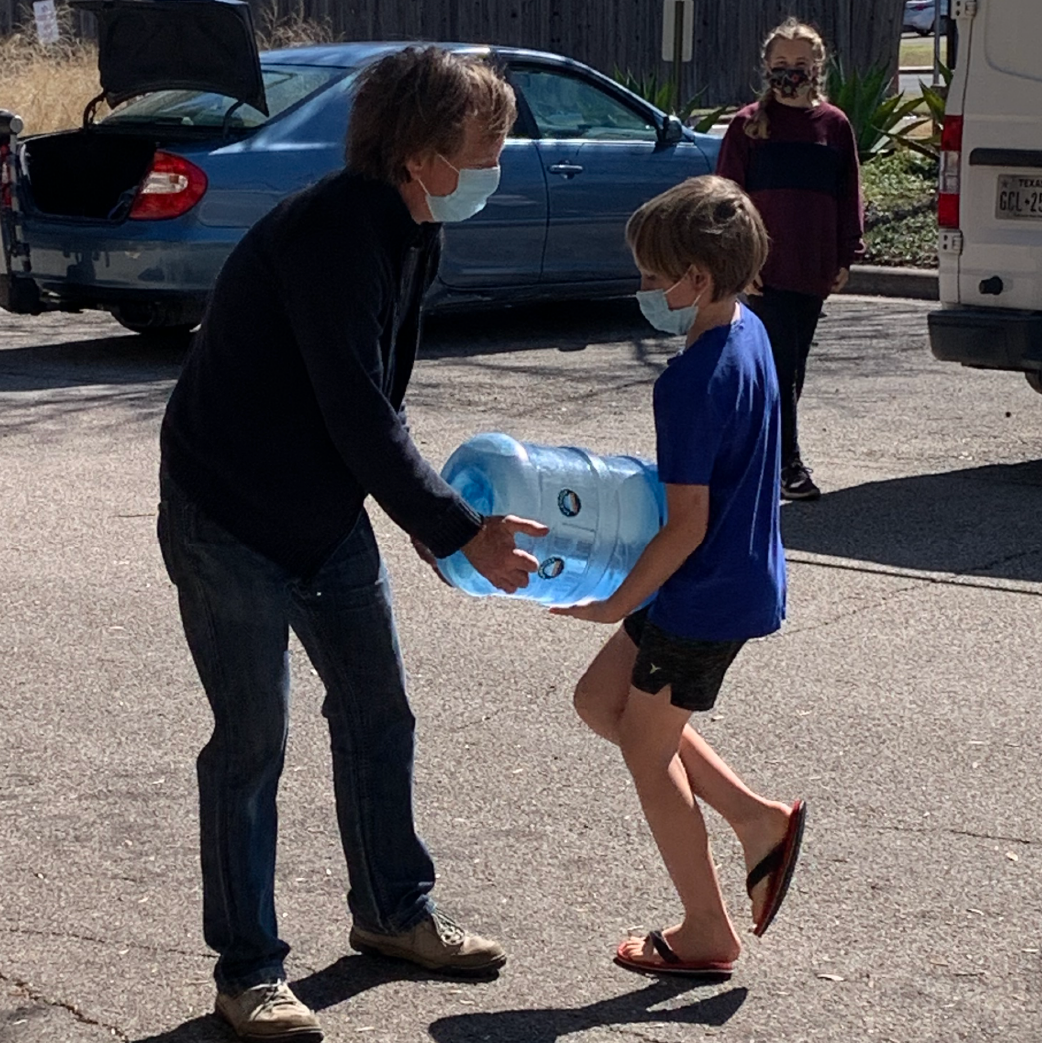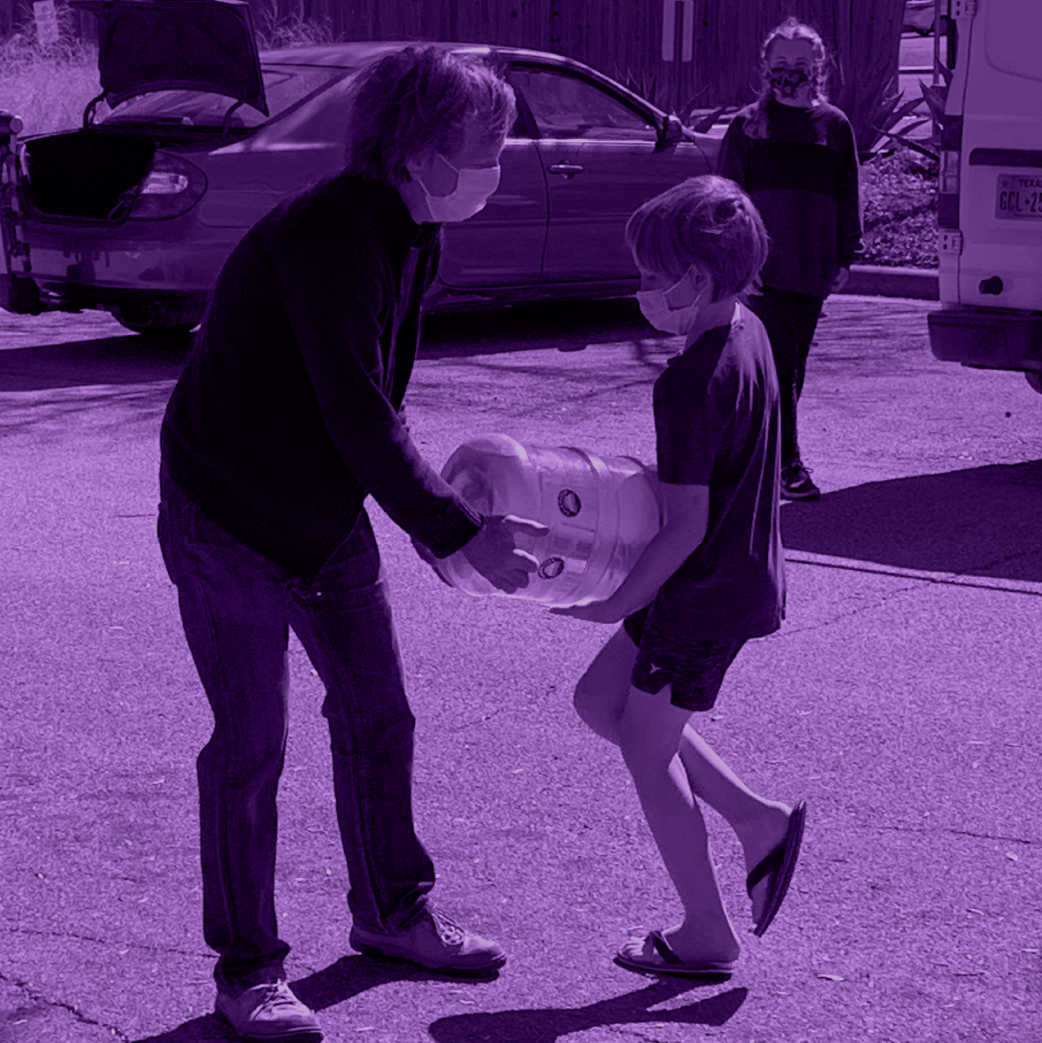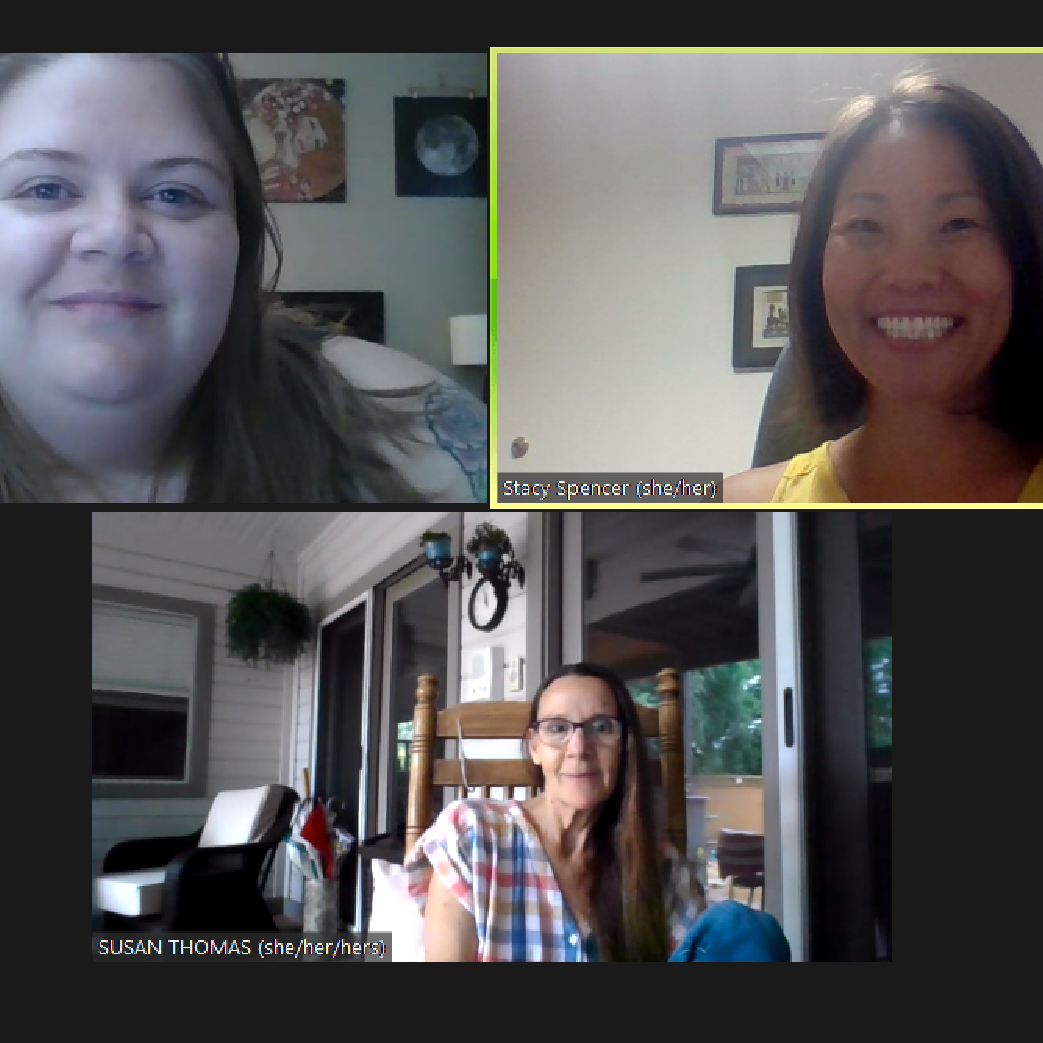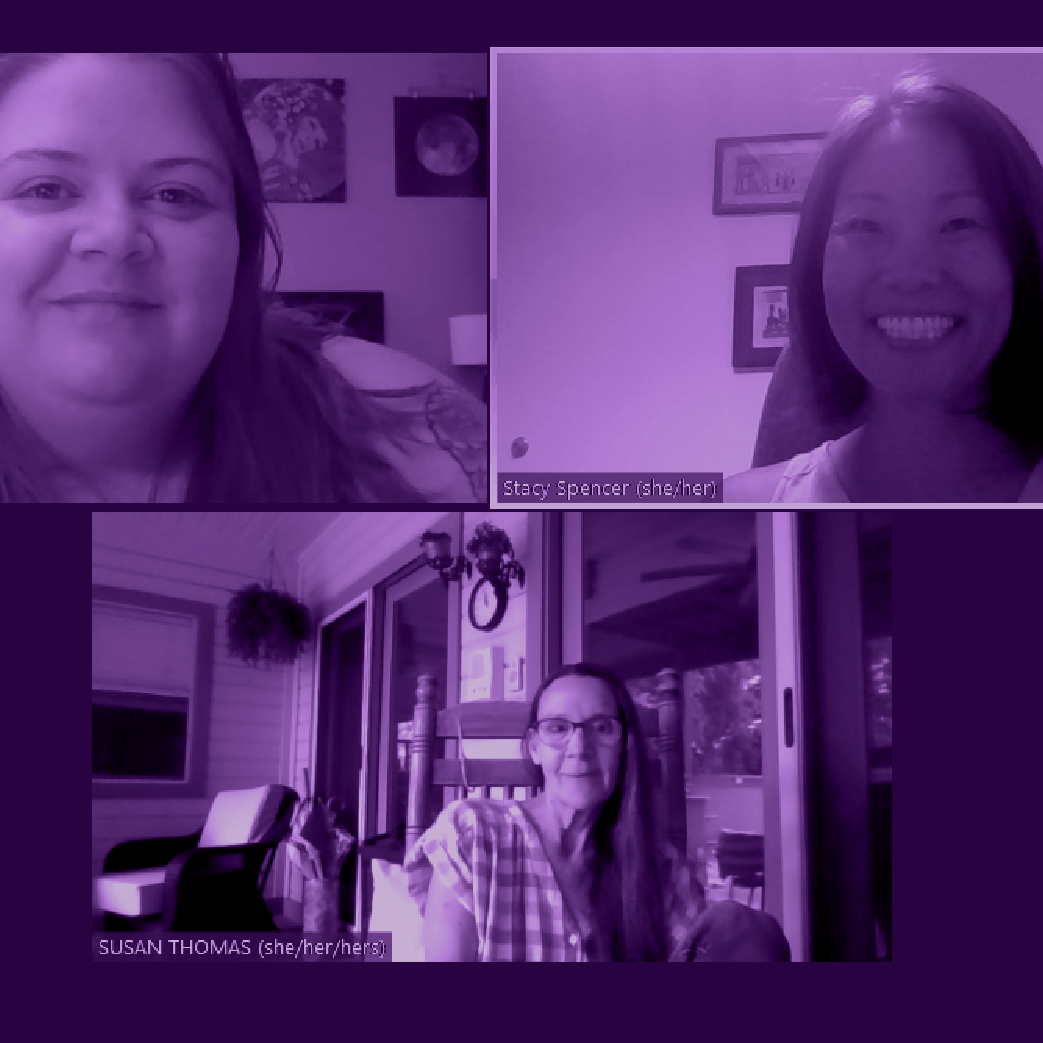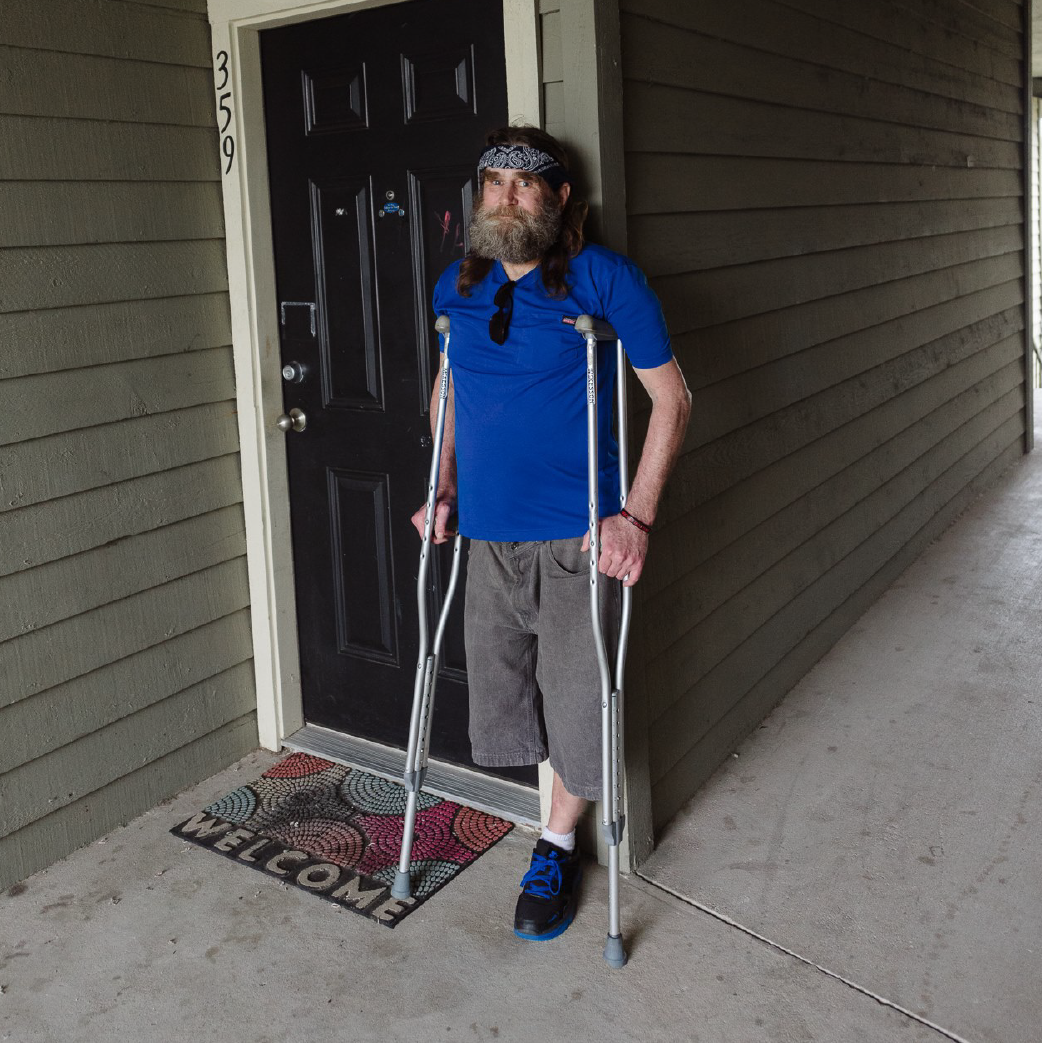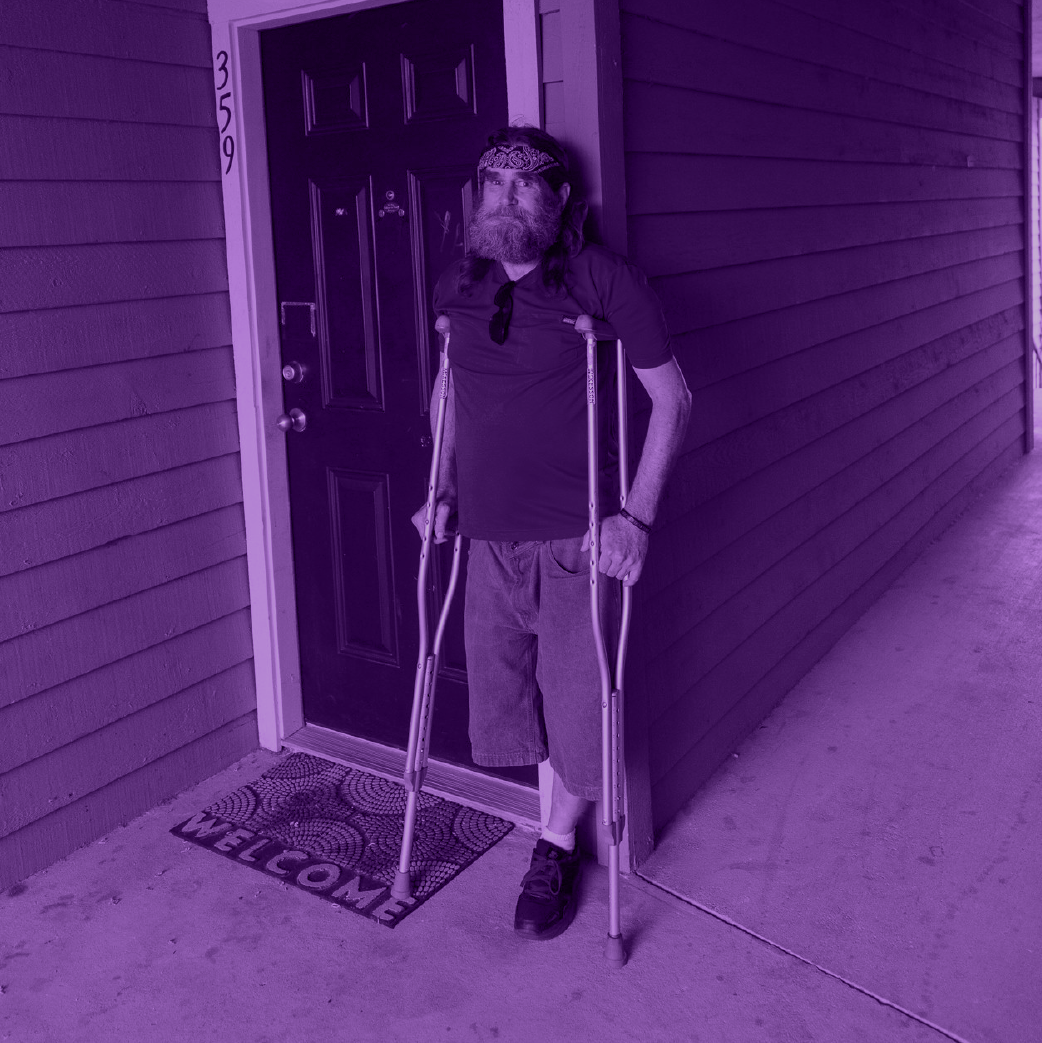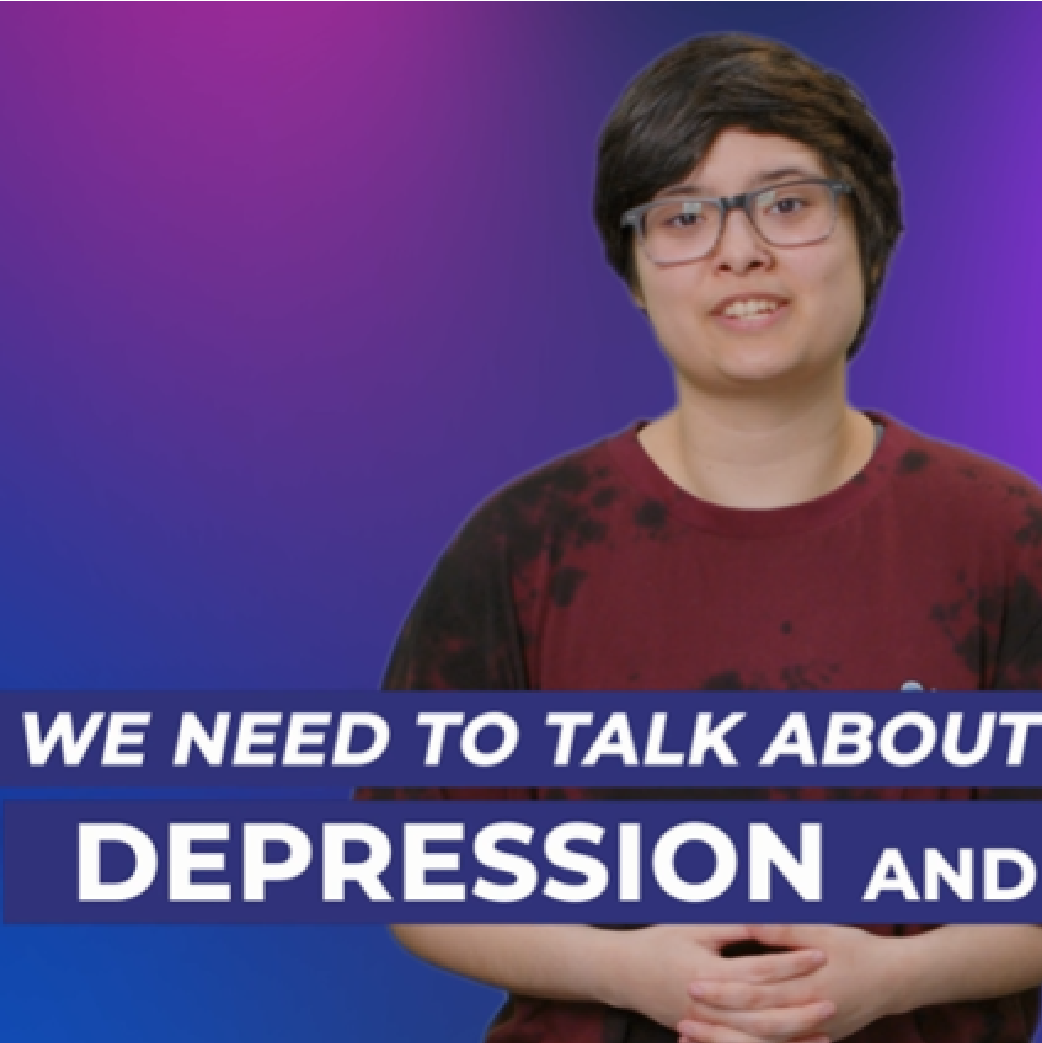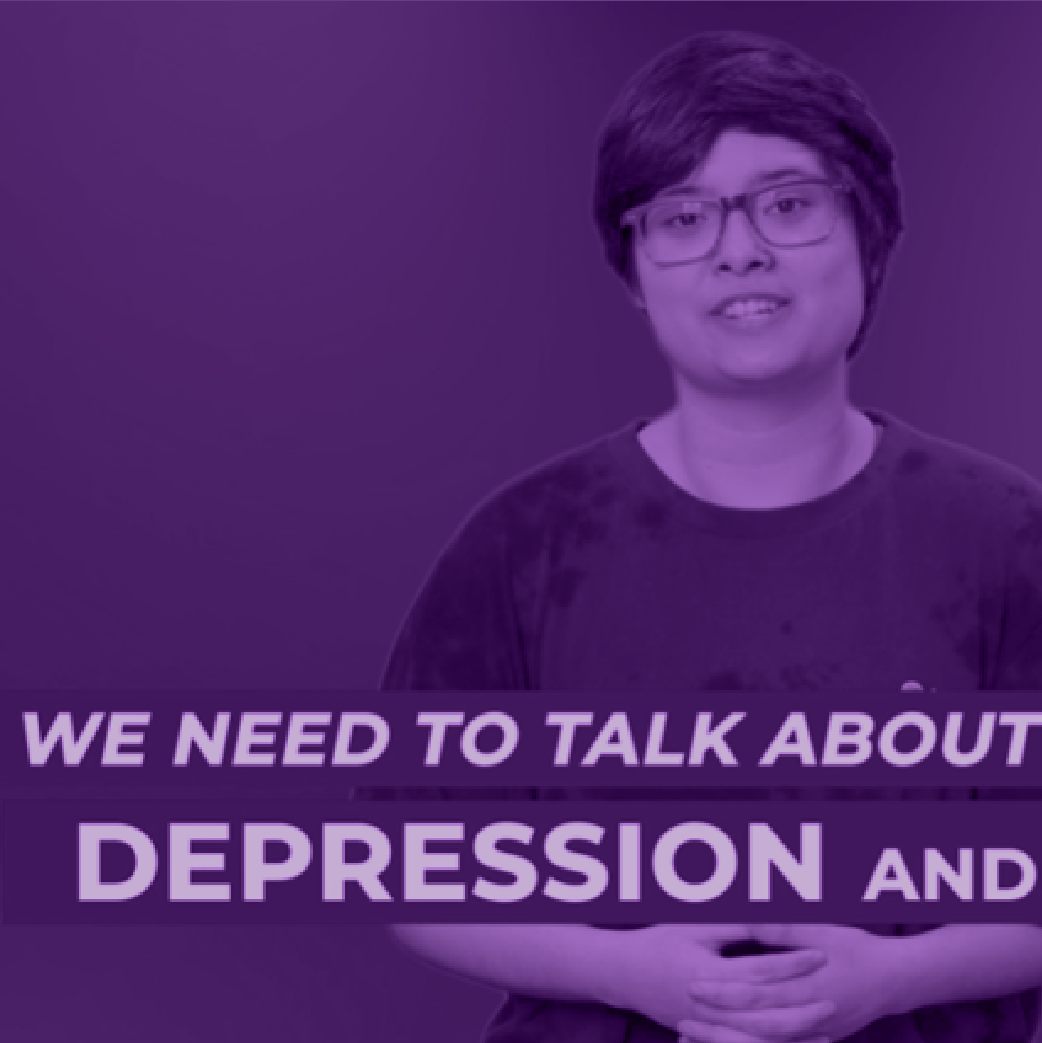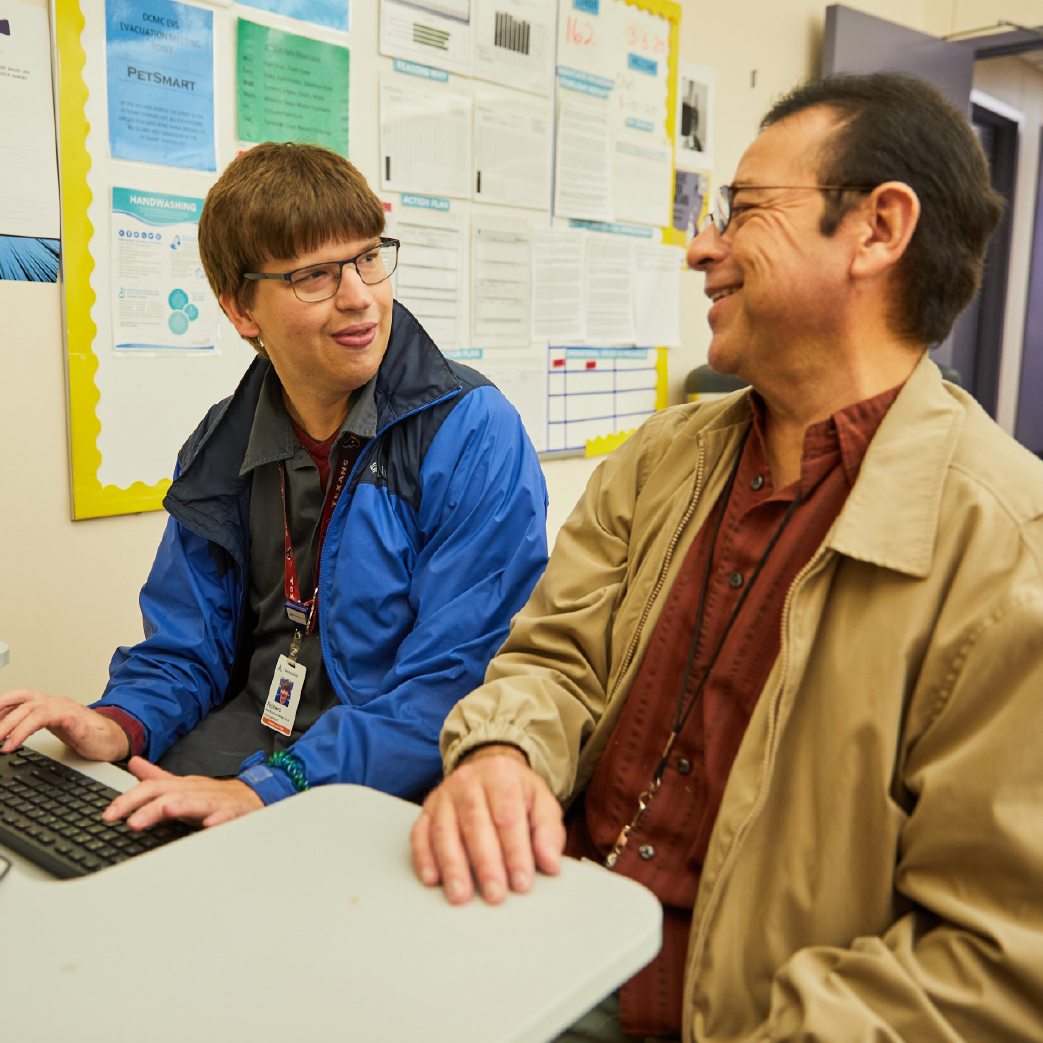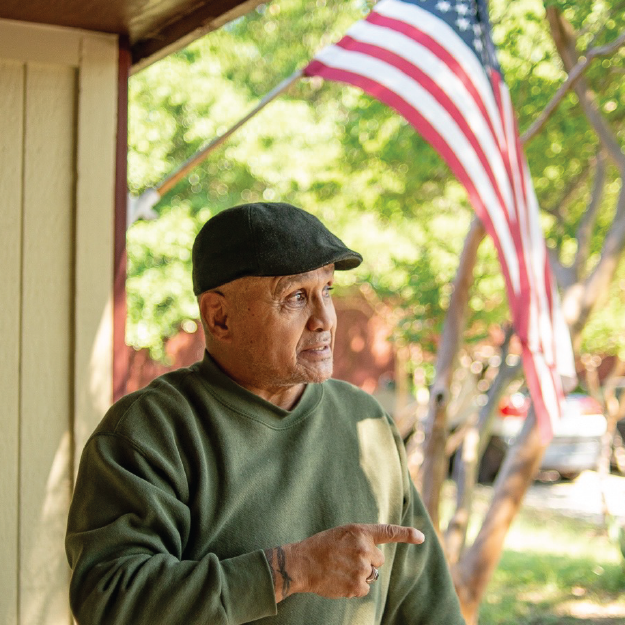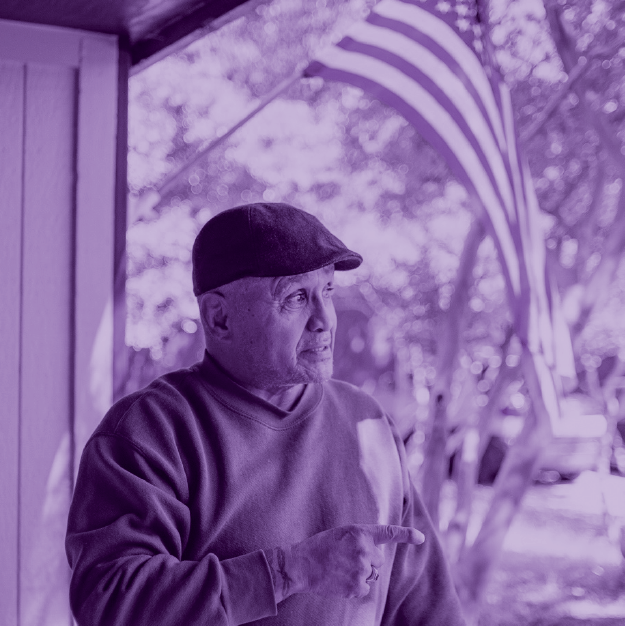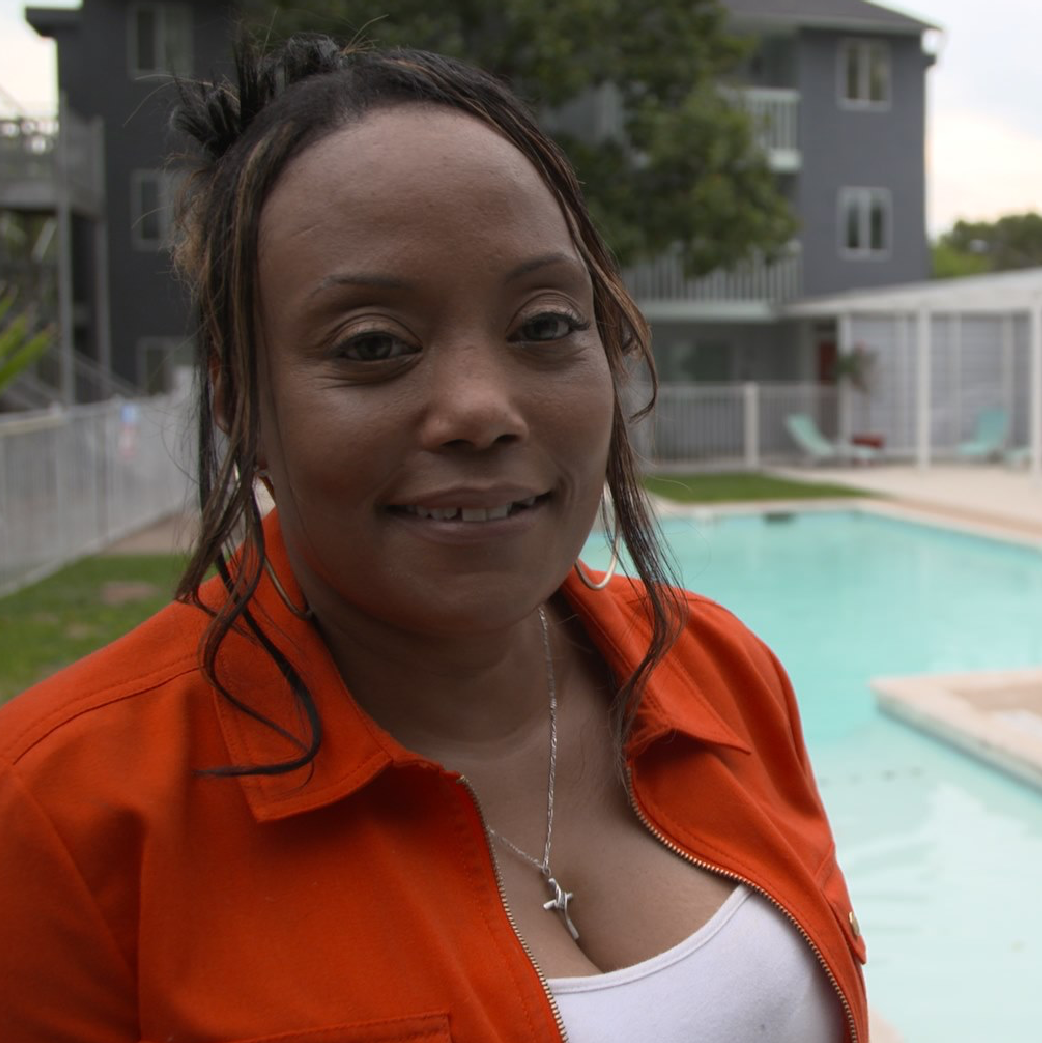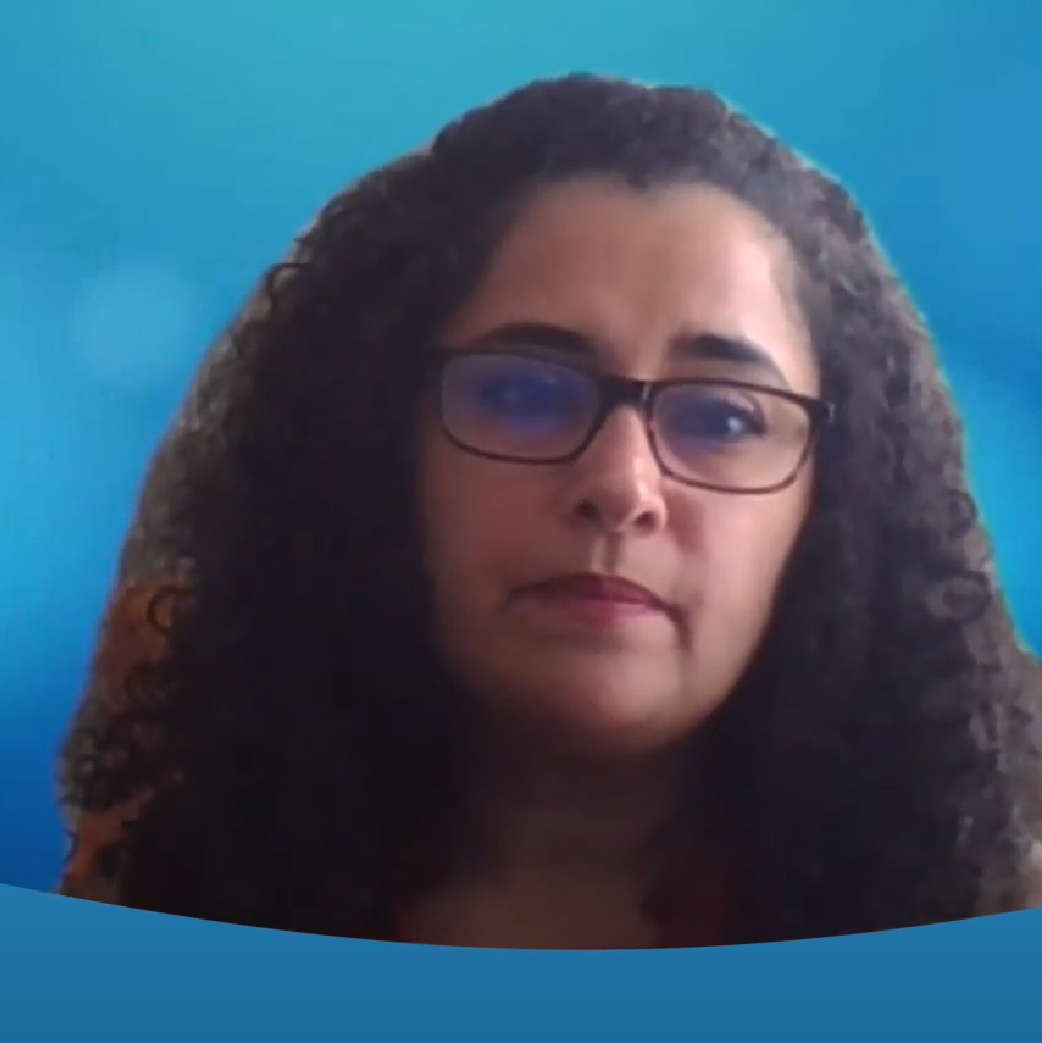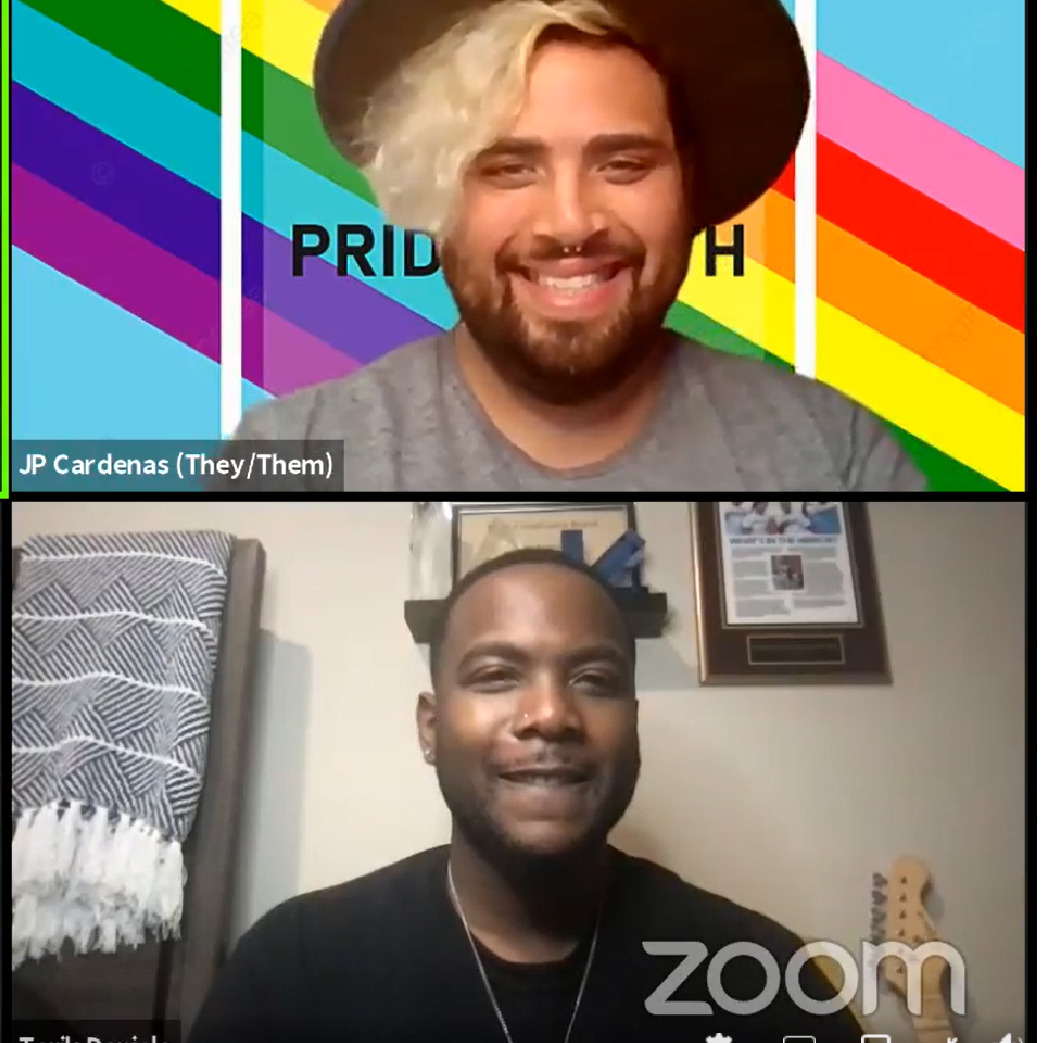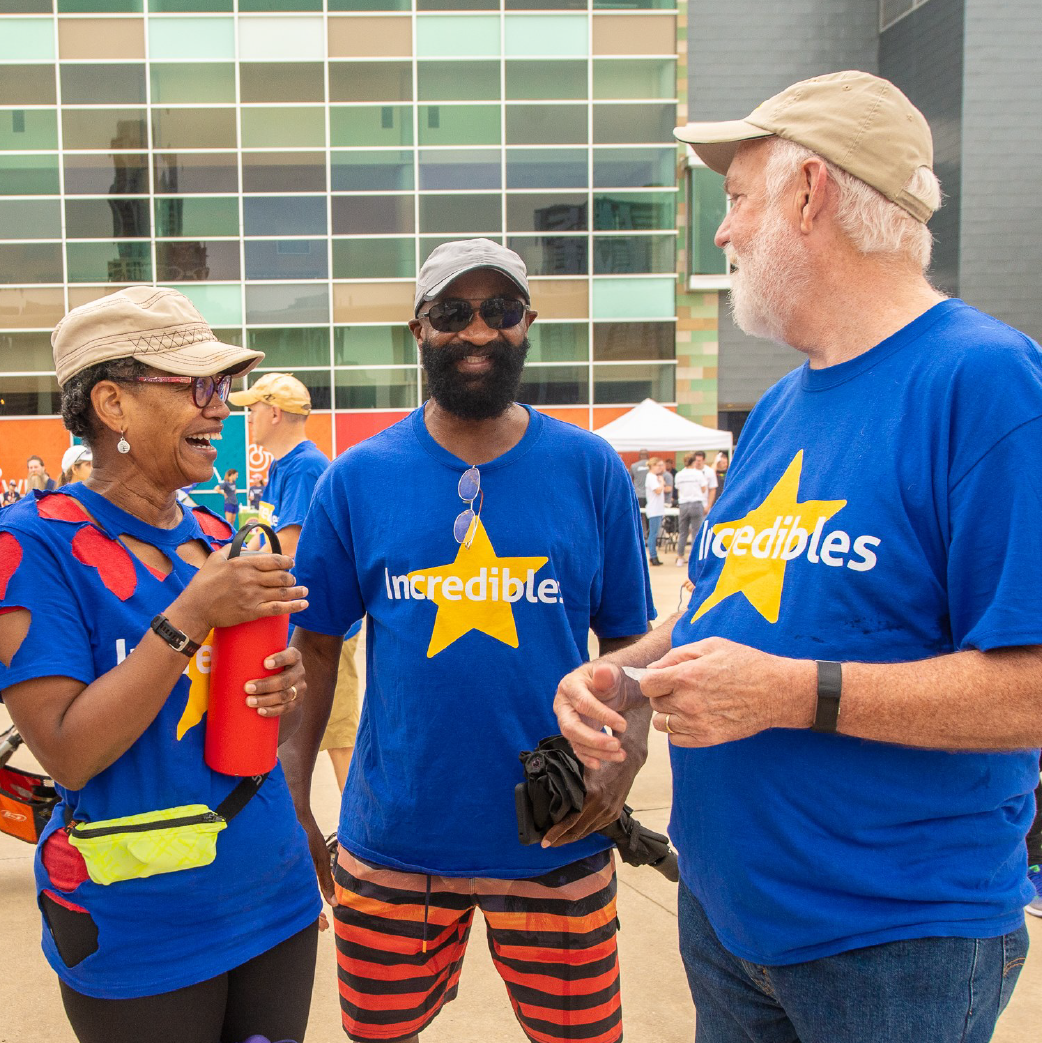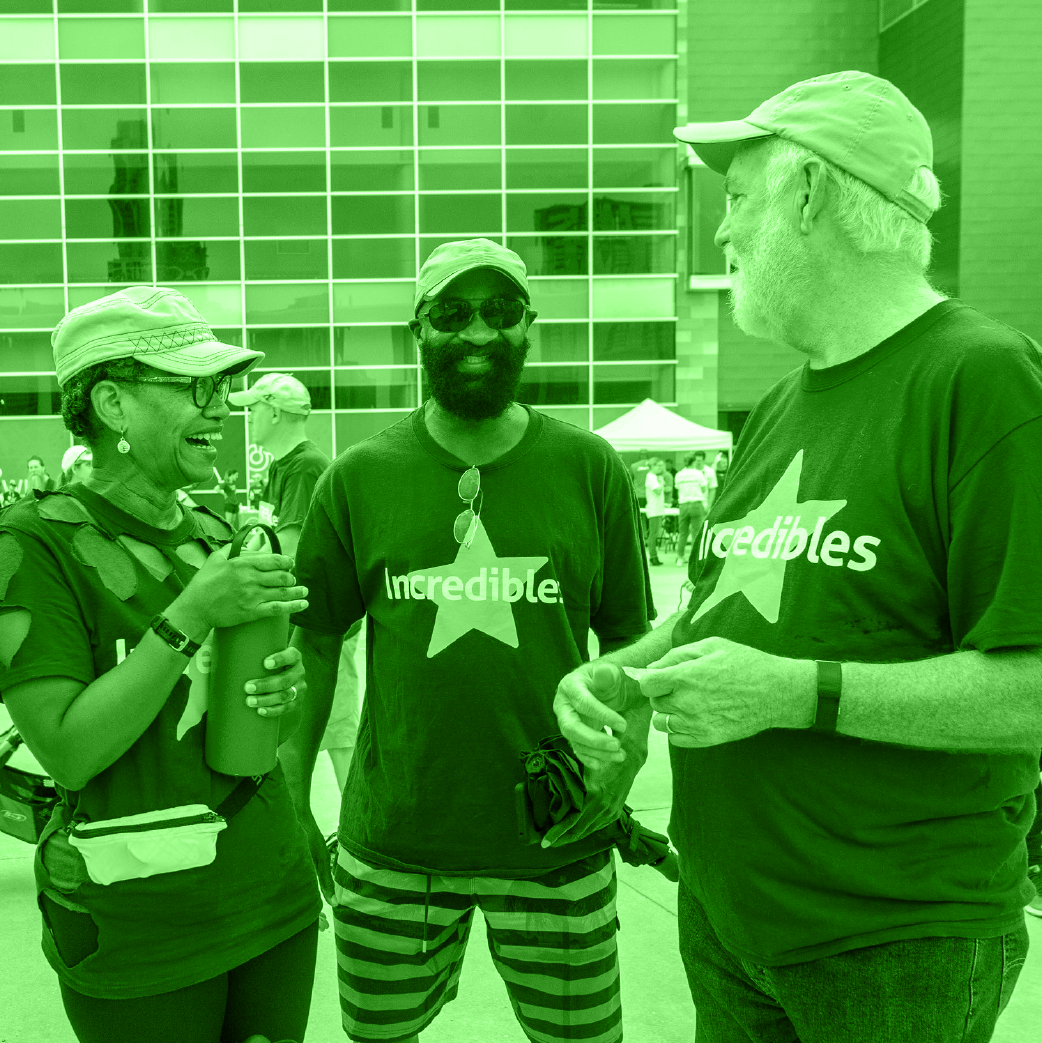Weathering Winter Storm Uri
In a time of unbelievable crisis, through snow, ice, loss of power and water, over 100 staff from across the agency came together to support the community and help with recovery efforts. Staff worked around-the-clock to care for our clients and the community, while also dealing with the impact of this disaster on their own lives.
– Staff worked with the City of Austin to coordinate mental health support at the Palmer Events Center.
– Staff stayed overnight at our residential facilities when the next shift couldn’t travel due to unsafe conditions.
– Staff ensured IDD clients had food, water, medication and a warm place to stay.
– Staff held a donation drive, collecting and distributing water to clients in need. In total, we secured over 800 gallons of water.
– 26 staff volunteered to help make 211 water deliveries and 65 food deliveries within the community.
– 70 staff offered mental health, crisis and substance use disorder services onsite at Palmer, safely transported there by our friends at EMS.
“It was incredible to see different parts of the agency coming together and working as one to support our community during that difficult time. We had staff from different departments with varied experiences to support the unique needs of the community. We had a psychiatrist onsite ensuring medication access, case managers helped deliver medications from the pharmacy, crisis counselors assisted with connecting clients to care, IDD program staff supported a family with a special needs child and other teams helped with discharge planning and linking clients to services.” – Alex Villarreal, Practice Manager
Safe Landing for Foster Youths
Safe Landing launched in 2019 in response to the state’s foster care crisis of not having enough foster homes, which left youth to live in Child Protective Services offices. The Safe Landing program offers in-home child and family counseling, parent coaching, creating a safety plan and mental health crisis response. In addition to stabilizing crisis situations, our therapists provide a quick connection to psychiatric services, ongoing therapy for the child and tools for the parent to build their bond. The program was created with the support of Travis County and Mission Capitol to increase the number of foster homes that can care for youth with complex behavioral health needs. In FY21, the program served 88 children.
“A lot of our kids would be in a different place without them. We need therapists who can see the child within 24 to 48 hours, or we could be looking at a crisis situation. Before this program, there could be as much as a 4-month wait to get an assessment with a therapist. Safe Landing staff bridge what was a gap in the system.” – Samantha Schwartz, DePelchin Children’s Center Program Manager
Increasing Access to Substance Use Care
In FY21, we launched the Addiction Psychiatry Fellowship in collaboration with Dell Medical School and our six existing substance use programs with the goal of combatting the current opioid epidemic. We are meeting the epidemic head on – with a goal to increase addiction expertise in the region by training future leaders in addiction treatment, education, policy and research. Fellows receive advanced clinical training in our outpatient substance use treatment program and Medication Assisted Treatment (MAT) clinics specializing in opioid use disorder. Integral Care is proud to be on the leading edge of substance use disorder treatment by focusing on the MAT approach, which uses medication to manage and stop drug use in combination with counseling and psychiatric care.
“In 2021, Integral Care and Dell Medical School launched the first Addiction Psychiatry Fellowship in Central Texas. Despite the challenges of the pandemic, the program will graduate two highly-skilled Addictionologists. Congratulations to the Fellowship Directors, Drs. John Nguyen and Craig Franke and to the inaugural Fellows, Drs. Katherine Folse and Scott Wallace.” – Kathleen Casey, Integral Care Director of Practice Management


